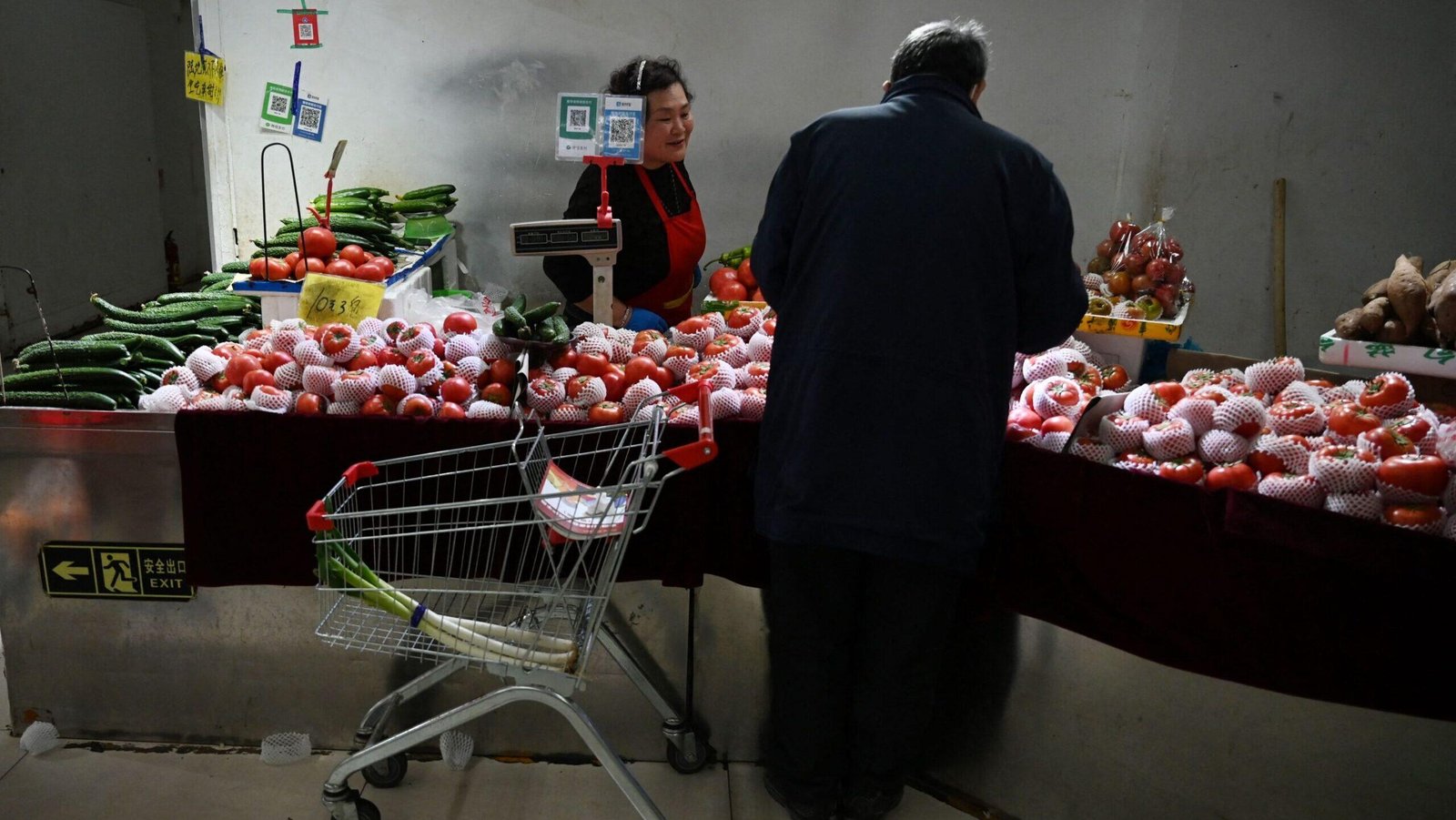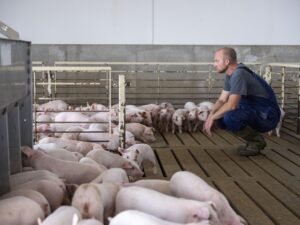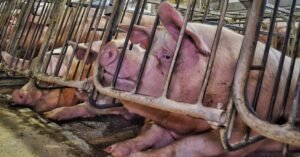Major shifts are occurring in the global pork trade landscape. Smithfield Foods, America’s largest pork processor, has formally acknowledged that China—historically a crucial export destination—has become commercially untenable due to escalating tariff barriers. The announcement came during the company’s quarterly earnings call on Tuesday, April 29, 2025, where CEO Shane Smith candidly addressed the situation.
“With China no longer essentially being available, we’ve really had to pivot our business,” Smith explained while discussing the company’s strategic realignment. The tariff conflict has reached unprecedented levels, with China imposing a staggering 125% tax on American products—a direct countermeasure to the White House’s implementation of a 145% duty on Chinese imports earlier this month. This retaliatory action has effectively priced American pork out of the Chinese marketplace, which happens to be the world’s largest pork-consuming nation.
Impact and Financial Implications
Despite losing access to the Chinese market, Smithfield’s financial outlook remains unexpectedly sanguine. The Virginia-based company reported a remarkable 9.5% increase in total sales, reaching $3.77 billion for the first quarter ending March 30, which exceeded analysts’ projections of $3.62 billion. This performance propelled Smithfield’s shares upward by 6%, demonstrating resilience despite the daunting international trade barriers.
Chinese purchases accounted for approximately 3% of Smithfield’s total revenue in 2024, according to Smith’s disclosures during the call. While this percentage might seem negligible at first glance, it represents a substantive volume of specialized pork products—primarily variety meats such as pig stomachs, hearts, and cranial portions that typically find limited appeal among American consumers.
The firm’s adaptation strategy appears multifaceted and proactive. Smithfield’s executive team expressed confidence in their ability to reroute products intended for China to alternative foreign destinations. The company maintains export relationships with roughly 30 other international markets, providing multiple avenues for rechanelling their supply. CFO Mark Hall projected sales growth in the “low- to mid-single digit percent range” for 2025, suggesting that the Chinese market loss, while significant, won’t derail the company’s growth trajectory.
Broader Context and Strategic Reorientation
This development unfolds against a backdrop of wider corporate transformation for Smithfield. Recently spun off from Hong Kong-based WH Group, the company returned to U.S. markets following a decade of listing on the Hong Kong Stock Exchange. Its initial public offering garnered an impressive $8.1 billion valuation, signaling strong investor confidence despite the geopolitical trade complications.
Smith indicated that the company’s restructuring efforts, which previously involved several plant closures, are nearing completion. However, Smithfield faces additional challenges beyond the tariff dispute, particularly regarding its workforce composition. The majority of the company’s employees are immigrants, making them potentially vulnerable to increased immigration enforcement actions under the current administration. According to the Center for Economic and Policy Research, immigrants constitute more than half of all meatpacking workers in the United States.
Smithfield’s strategic pivot includes expanding its packaged meats division and redirecting products toward domestic markets, including the burgeoning pet food sector. This diversification approach aims to attenuate the risks associated with volatile international trade conditions, which have been exasperated by threatened tariffs against other trading partners including Colombia and Canada.
The effective duty rate on American pork entering China has now reached an astounding 172%, according to industry data. This prohibitive rate has effectively shuttered a market that previously provided a valuable destination for pork parts undervalued in the domestic market, creating a challenging situation for the entire U.S. pork industry.
As trade tensions continue to reshape global commerce patterns, Smithfield’s experience illustrates how companies must rapidly adapt to shifting geopolitical realities. Their nimble response to these challenges underscores the complexity of international business operations in an era of increasing protectionist policies. While losing the world’s largest pork consumer as a viable market represents a significant disruption, Smithfield’s diversification strategy and financial performance suggest a resilient path forward amid these turbulent trade conditions.






